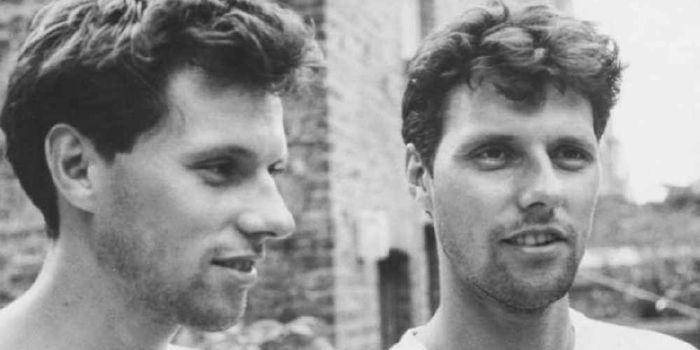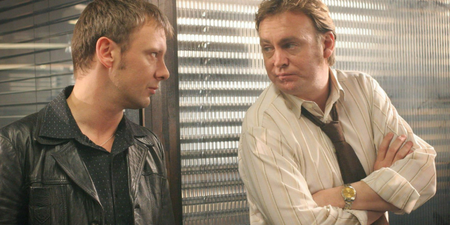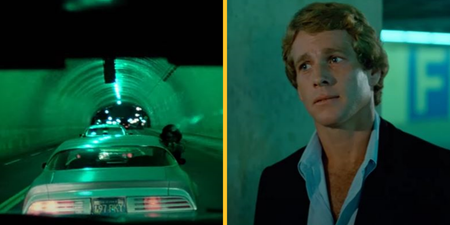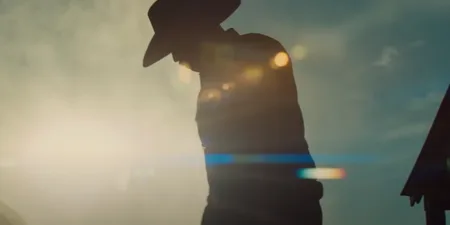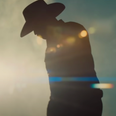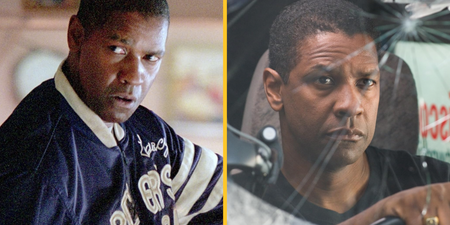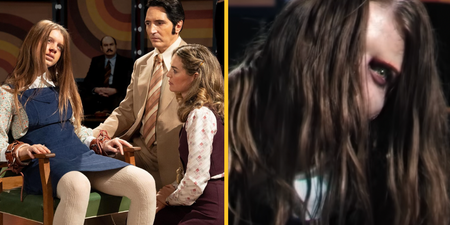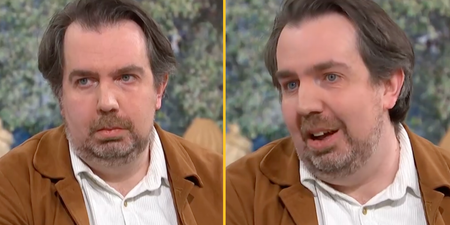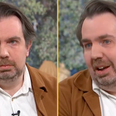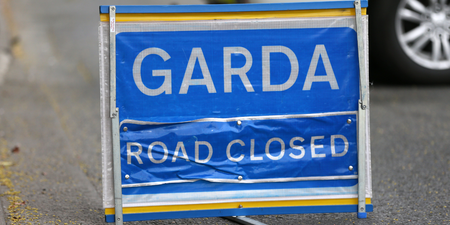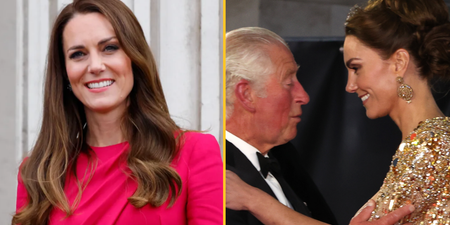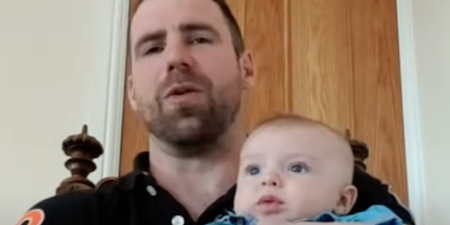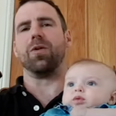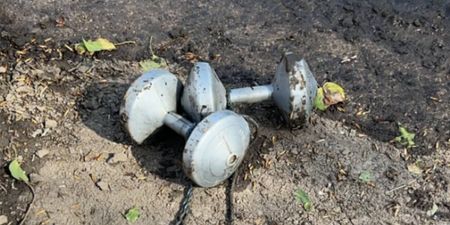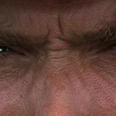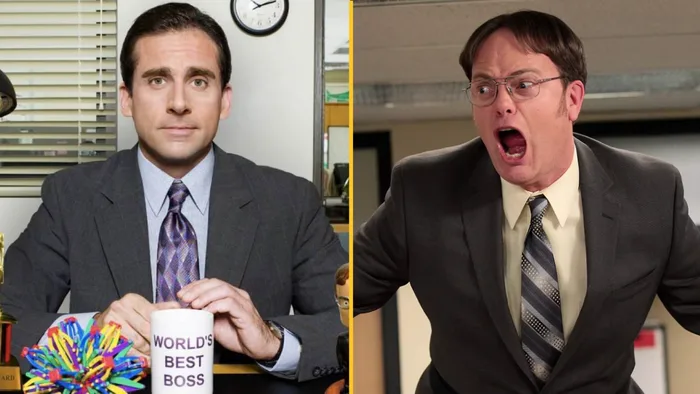Memory loss and family trauma. This sounds really interesting.
While the majority of Netflix’s documentary fare has been focused on true crime – understandable given the public’s insatiable demand and Netflix’s established reputation in the genre – the online streaming giant have been very clever about diversifying their interests.
In recent weeks, Pick of the Litter charmed everyone that watched it while features like Icarus, The White Helmets, Our Planet, and The Great Hack are fine examples of how Netflix branched out from the traditional ‘murder and investigation’ features that have proven to be so popular.
Their latest original documentary, Tell Me Who I Am, will be released globally on Friday, 18 October and it sounds fascinating.
The official synopsis reads: “When 18-year-old Alex Lewis wakes up from a coma after surviving a motorcycle accident, the world is not one he remembers. He has forgotten everything. His home. His parents. He can’t even remember his own name. The only thing he does know is that the person sitting next to him is his identical twin brother, Marcus.
“Alex relies on Marcus to to give him his memory back; to tell him who he is. But the idyllic childhood Marcus paints for his twin conceals a dark family secret. Now, after decades of hiding the painful realities of their past, Alex and Marcus go on a journey together to face the truth and finally discover who Alex really is.”
The documentary is based on The Sunday Times best seller of the same name and the story spans continents and eras.
Directed by the Oscar-nominated Ed Perkins (Black Sheep), Tell Me Who I Am explores the blurred boundaries of memory and reality, and the emotional bonds that allow us to survive.
The documentary is available to watch on Netflix from 18 October.
LISTEN: You Must Be Jokin’ with Aideen McQueen – Faith healers, Coolock craic and Gigging as Gaeilge
